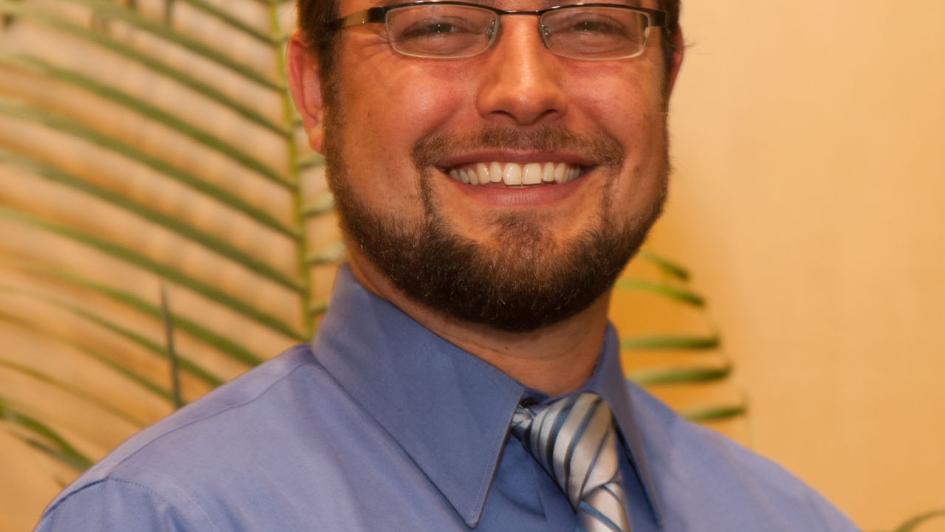Researching the Mystery of IBS

Published
If you see your doctor complaining of either chronic diarrhea or constipation that is associated with pain/discomfort and relates to your bowel movements, one of the possibilities that your doctor will consider is IBS or Irritable Bowel Syndrome (IBS). Up to 15% of the world’s population is diagnosed with IBS and between 2.4 and 3.5 million annual physician visits are attributed to IBS, yet many of us aren’t sure what it is. So to learn more, we turned to Bastyr alum and researcher, Joshua Goldenberg, ND, who is leading the University’s research efforts in IBS.
“What IBS actually is remains a mystery,” shared Dr. Goldenberg. “Myself and many other IBS researchers believe that what we call IBS is likely many different issues that get clumped together in this single diagnosis. That means that 10 people getting diagnosed with the same IBS diagnosis may have 10 different things going on with them and therefore should appropriately get 10 different approaches. As a naturopath, I love this because it reinforces the idea that every patient is unique. We treat people not diseases.”
The Rome Foundation, a non-profit organization working to improve the lives of individuals with gastrointestinal (GI) disorders, has been working to define IBS - to develop criteria for diagnosing IBS. In 2016, they issued “Rome IV” which defined IBS as recurrent abdominal pain on average at least one (1) day a week in the last three (3) months associated with a change the frequency and/or form (consistency) of one’s stool. Compared to Rome III, Rome IV includes “pain” as a major criterion and moves the overall definition of IBS toward a “disorder of gut-brain interaction” versus simply a “functional GI disorders.”
There is a huge amount of research in IBS underway now. The annual Digestive Disease Week (DDW) Conference held in Chicago in May drew researchers from around the world presenting on hundreds of IBS research studies underway. The biggest research areas right now for IBS are its relation small intestinal bacterial overgrowth (SIBO), the microbiome, and the low FODMAP (Fermentable Oligosaccharides, Disaccharides, Monosaccharides and Polyols) diet.
At Bastyr right now, Dr. Goldenberg is leading a team that is in the middle of multiple IBS studies.
“We are currently investigating how effective probiotics are for IBS in children, the effect of biofeedback on IBS, and how expert naturopathic doctors manage and approach IBS,” shared Goldenberg. “Additionally we have been in the planning stages of a large multinational study on naturopathic approaches to IBS which I presented on at the DDW conference.”
In fact, Dr. Goldenberg was recognized at the DDW conference as the recipient of one of the Rome Foundation’s inaugural Young Research Investigator Awards for his work on IBS Research. This honor was competitively awarded to five young researchers from across the globe. In their selection, the young investigators were acknowledged for their work and invited to present their research to the Rome Foundation. The investigators then received detailed feedback to help strengthen the methods from some of the world’s foremost scientists on functional gastrointestinal disorders. The awardees are invited to return next year to present their progress in their projects.
“I was very honored to receive this award,” commented Goldenberg. “We still know only the tip of the iceberg when it comes to IBS. So much more research is needed and I am proud to be leading the team at Bastyr at the forefront of this.”
What does the research show so far with regard to treating IBS?
“Probiotics and peppermint essential oil are probably the most studied natural products for IBS,” shared Goldenberg. “A lot of new research has been focusing on diet's impact on IBS, particularly the low FODMAP diet. Acupuncture, meditation, biofeedback, hypnosis and psychological interventions have also been studied and offer possibilities for relief.”

